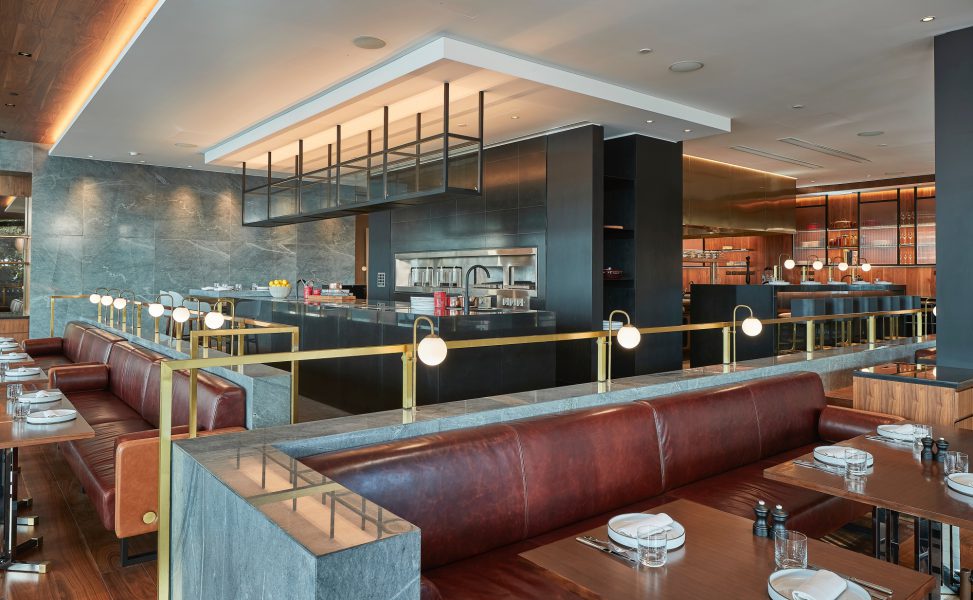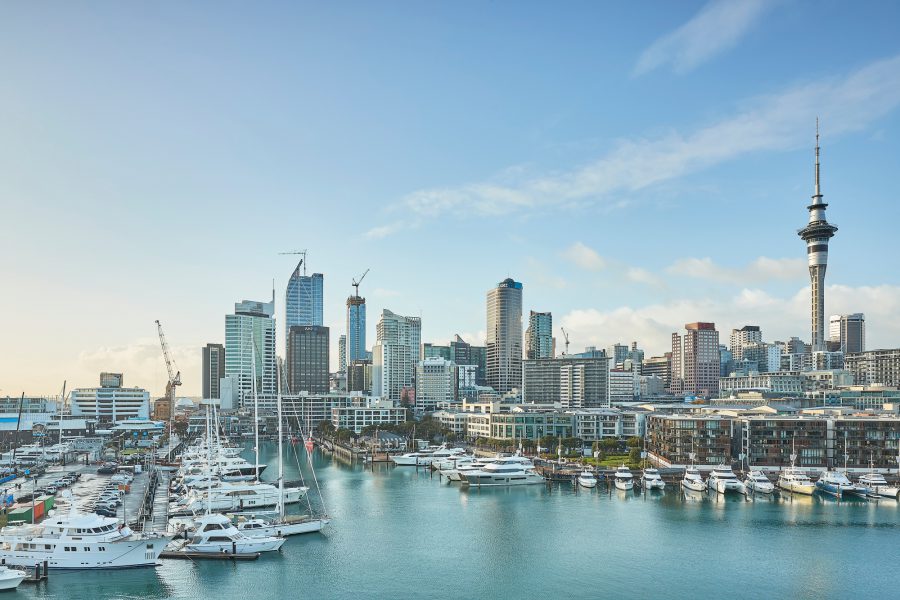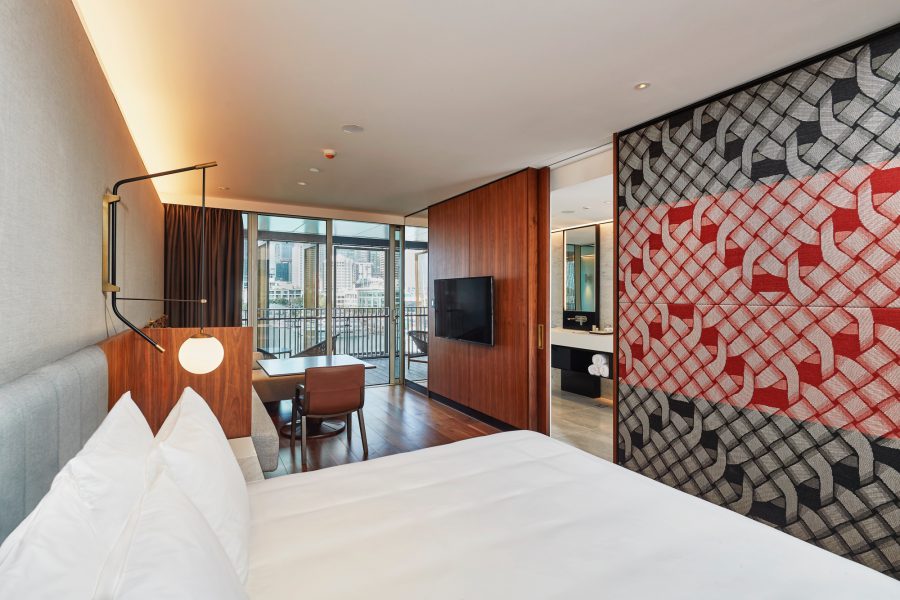Park Hyatt Auckland General Manager, Brett Sweetman, says the hotel’s guestrooms are currently available for reservation from 15 September and they “will set a new benchmark for luxury hospitality in New Zealand”.
“We look forward to introducing the exceptional service that the Park Hyatt brand is renowned for in this dynamic city as the domestic tourism industry in New Zealand evolves in this new era of travel,” he says.
“In spite of Covid-19, we have kept all 150 employees on board thanks to owners Fu Wah and will recruit more colleagues when the hotel opens. We have created something that will be truly special, and we invite Aucklanders to experience our food and beverage offerings in our waterfront surroundings alongside the standout views.”

Overlooking Waitematā Harbour, Sweetman says the new Park Hyatt Auckland will be a sophisticated, waterfront residence that will provide guests with unique and intimate experiences.
He says the hotel will offer intuitive and personalised experiences for discerning domestic travellers, with signature restaurant Onemata set to offer gastronomic delights to both guests and the local community.
Designed by Ali Reda from ar+d in Singapore and partnering with local Bossley Architects, the seven-storey hotel has been designed to reflect a Māori wharenui (house) – to be a place of gathering that brings families and communities together. A wharenui is fundamental to Māori life and stands as the beating heart of Māori culture.
The exterior of the hotel centres on the notion of a Māori cloak around the building, creating a double skin offering warmth, privacy and beauty.

Park Hyatt Auckland’s elegant and comfortable interiors were designed by the UK-based Conran and Partners to feel like a home away from home. The hotel’s design evokes a haven of tranquillity and a waterfront oasis that is a short seaside stroll to the bustling CBD.
New Zealand’s distinct heritage is woven throughout the hotel’s interior and exterior design accents and the designers worked closely with local Iwi to feature traditional Māori artworks, while native Totara Pouwhenua (carvings) will line the entrances to welcome guests into the hotel.
Ranging from 47sqm rooms (almost double the size of comparable rooms in the city), to the 245sqm Presidential Suite, all 195 guestrooms will feature Māori accents, custom-designed tukutuku panels and rugs, made from New Zealand wool.
The 23 suites will offer commanding views with the Presidential Suite positioned on the rooftop, featuring an internal garden and a large 125sqm terrace to entertain and soak up the spectacular panoramic views.

Upon entering each elegantly appointed room, guests will benefit from spacious living areas and floor-to-ceiling windows, with the majority of rooms overlooking the Lighter Quay or the harbour. Twin bedrooms will comprise two king single beds and two bathrooms, providing a comfortable sharing experience. The marble bathrooms will come with a separate walk-in shower and deep-soaking bath with luxurious, plant-based, and cruelty-free bath products by cult New York perfumer Le Labo.
Sweetman says Park Hyatt Auckland will launch a collection of bars and restaurants designed to enable guests to meet, drink and dine against the mesmerising city skyline and water backdrop as they enjoy authentic and personalised service.
The creative culinary team will be helmed by Executive Chef, Brent Martin, a New Zealander who has returned home after an illustrious career spanning six countries and over 20 years managing restaurants in some of the world’s top hotels.
“We are incredibly excited to see the opening of Park Hyatt Auckland which will incorporate much from New Zealand’s Māori culture including artworks and design features to create an intimate environment that is both beautifully stylish and welcoming,” Sweetman says.
“With the spacious comfort of our guestrooms, immersive culinary experiences and sophisticated yet flexible event spaces – complemented by the highest standard of service – we are confident that our guests will experience a level of unparalleled hospitality in the city.”